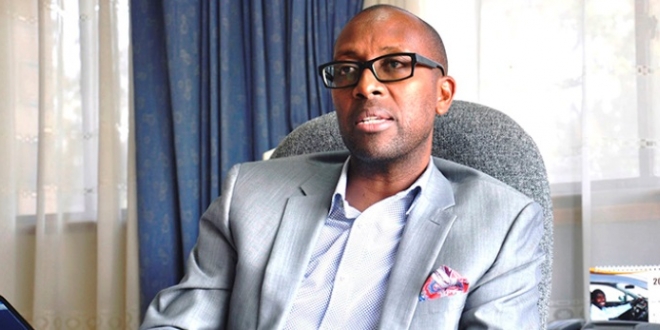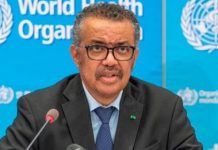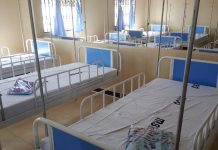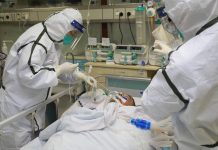AfricaPress-Tanzania: THE poor, disabled and other marginalized groups have been left out in various Universal Health Coverage (UHC)
The state of UHC report released yesterday by the independent Africa Health Agenda International Conference (AHAIC) commission attributes this situation to poor governance and economic challenges on the continent’s health policies.
“Africa’s health systems are poorly attuned to meet the health care needs of the poor, the disabled and other vulnerable groups,” the report affirms, noting that coverage of essential health care services in Africa stands at about 48 per cent of the population, about 615 million people receiving the health care services they need.
The quality of health care services provided in African countries is also low and is considered the poorest performing indicator of UHC, meanwhile as when quality of health care services is considered, service coverage scores across African countries are even lower, it stated.
Coverage of essential services needed by women and girls in Africa is similarly low, with data indicating that from 2015 to 2019, around 49 per cent of African women had their demand for family planning satisfied by modern methods.
Compiled from November 2020 to March 2021, the State of UHC in Africa takes stock of Africa’s progress in fulfilling commitments made by African leaders, such as the Abuja Declaration (2001), the Africa Health Strategy (2007-2015, 2016-2030) and the Addis Ababa Call to Action on UHC (2019).
It acknowledges the impact of colonial legacies, poor governance and economic challenges on the continent’s health policies and outcomes, detailing the performance of African countries on key UHC indicators. These include effective coverage with needed health services, financial risk protection and health outcomes, the report underlined
Despite the dismal performance on some indicators, a number of data indications were positive, even with the proportion of individuals pushed into poverty due to out-of-pocket health care payments each year remaining high. About 15 million people representing around 1.4 per cent of the continent’s population fall into poverty this way, but the number is gradually declining, it specified.
Despite these challenges, the 21st century has seen African leaders show stronger political will to achieve UHC, creating an opportunity for countries to push the needle on change. The commission highlights key opportunities that African countries can leverage to accelerate progress towards UHC, including political will, well-trained and competent health professionals and projected economic growth.
In its recommendations, the commission proposes several actions to ensure steady progress towards UHC, including re-orienting health system priorities to respond to population health needs.
Other recommendations include strengthening primary health care as the foundation for UHC; investing in strengthening health system inputs by boosting the number of skilled health workers especially in primary health care.
“This involves investing in health technologies to enhance the performance of all health system functions plus strengthening governance and accountability,” it asserted.
Dr Githinji Gitahi, Global CEO for Amref Health Africa, said that the COVID-19 pandemic has pointed out the glaring gaps in African and global health systems, making a strong case for urgent achievement of UHC. “While progress towards achieving health for all has been slow, current reality has reinvigorated countries’ efforts to ensure better access to quality, affordable health care,” he stated
“Through the State of UHC in Africa report and AHAIC 2021, we are hoping to provide a realistic roadmap that will guide African countries on their journeys to UHC and to ramp up support for greater multi-stakeholder collaboration across the continent, so that we can move from rhetoric to sustained action,” the director added
efforts undertaken by African countries.





